by Roberto A. Alaban Jr (Batch ’79)
The following piece is included in the 50th Anniversary souvenir program.
Bert was a volunteer for VSO from January 2010 to January 2011. VSO is the world’s leading independent international development organization that works through volunteers to fight poverty in developing countries.
Life, it is said, begins at 40. In 2009 I was already way past that, but it was not a time to take it easy. Married for 19 years, I will have my son in college soon, my daughter not far behind. Devotion to domestic duties (pardon the alliteration) was my life, and I have happily settled into its routine. Yet I cannot shake off Samuel Butler’s counsel “All progress is based on a universal, innate desire of every organism to live beyond its means.” There should be more to life, than life, I thought. I don’t want to just count my days, I want my days to count.
HEEDING THE CALL. And so when an opportunity to volunteer abroad came up, I grabbed it. “Skilled professionals who will share their knowledge and experience with people living in poverty. This knowledge and experience changes their lives, brings hope and provides lasting solutions to poverty and disadvantage.” Who can resist this call? Not I.
After a preliminary screening procedure, I and around 20 other applicants underwent trainings on international volunteering, one in a picturesque lakeside venue in Binangonan, and another in Antipolo.
OUT TO AFRICA. Applicants apply to volunteer in their area of expertise, rather than for a specific placement (country). Once a placement is found that means it matches your skills and that is where a volunteer is most needed. On January 2010 I was sent to Sierra Leone in West Africa, a country wracked by civil war from 1995-2001 (depicted in the movie “Blood Diamond”).

300,000 child soldiers are fighting in 30 countries; 10,000 of them fought in Sierra Leone’s brutal 6-year civil war.
I’ve been asked many times why I volunteered for another country and not within the Philippines. I am always forthright with my answer: partly because I want to give an international edge to my career; and partly, because Sierra Leone is way much more in need of skilled volunteers than the Philippines. It lies very low on the UNDP Human Development ranking (out of 187 countries, 8th from the bottom but at one point 2nd from the bottom, next only to Niger). Of course, the volunteer-placement process matched my agriculture skills and experience with an agriculture development project in a remote region in the country which was in need of a “Water Management Adviser.”
WORK HARD. I lived and worked for a year (2010) in Kabala, a remote northern town near the border with Guinea. I worked with a local NGO on a food-security project funded by the EU through CARE, an international NGO. My main task was to train project personnel (the future trainers of farmers) on how to develop the area’s vast inland valley swamps into rice paddies complete with water control structures and using only locally-available materials.
THINK WIDE. As a skilled professional-volunteer I treated the locals as colleagues that I work together with to improve practices, techniques and procedures, so that the impact I’ve made will live on. I also kept in mind Mikhael Kalashnikov’s words: “Before attempting to create something new, it is vital to have a good appreciation of everything that already exists in this field.” I felt proud to have shared long-proven Philippine practices like SALT (Sloping Agricultural Land Technology) and alley farming.
That means fetching water from a well for domestic use (except for drinking: we buy “plasticed” water, i.e., purified water sealed in small plastic bags) and cooking with charcoal. Malaria is rampant, and though my mosquito net stayed as shown on the right for a year, I did have 4 infections. Volunteers have a meager living allowance of $300 a month, for food, travel, and everything else except house rent. Still I was able to live on $ 100 and send home the rest (yes, surprisingly, there is a Western Union!).
PLAY HARDER. Being away from home and living on a tight budget was indeed a challenge. So at some point I stopped counting the days until my placement ends, and sat back, climbed up, and learned to enjoy that great outdoors of remote Kabala, Sierra Leone.
SHARING SKILLS, CHANGING LIVES. There’s no more fulfilling use for your professional skills, your accumulated wisdom and your personal strengths, than volunteering. You’ll be part of a long-term, sustainable solution that makes a real difference to people living in the toughest circumstances.
Most people volunteer to give something back to the world, but they also get much in return. By spending up to two years in another country, working within the local community, you’ll get to experience another culture in a way few people ever do. Volunteering can also open gates to that proverbial greener pasture: perhaps a career in international development, or simply a job “that pays the rent.” It may be a hard bedrock at first, but on it future successes can be solidly built.
As a volunteer I knew that by sharing my skills I will definitely change the lives of Sierra Leoneans, no matter how small. I knew too, that somehow, it will also change mine. My placement ended in January 2011, but I stayed on. And for how long, I don’t know. Eventually, I will definitely go back to volunteering. But the beaches of Vanuatu, the steppes of Mongolia, or the rapids of Nepal can wait. In the meantime the sunshine in Africa doesn’t let up, and there’s hay to make.
Last Updated on October 12, 2016 by Tudla_Admin


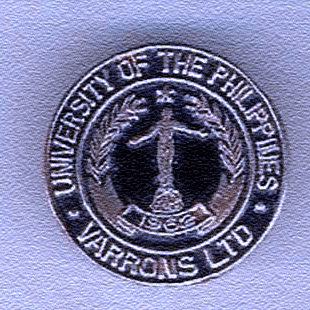


















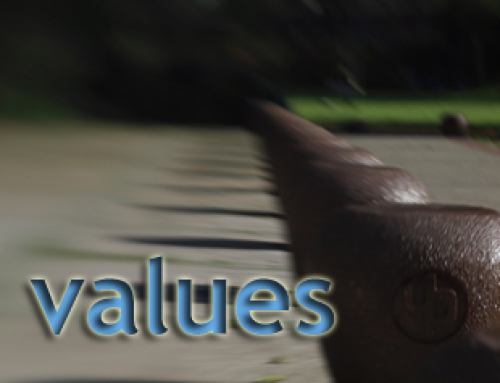




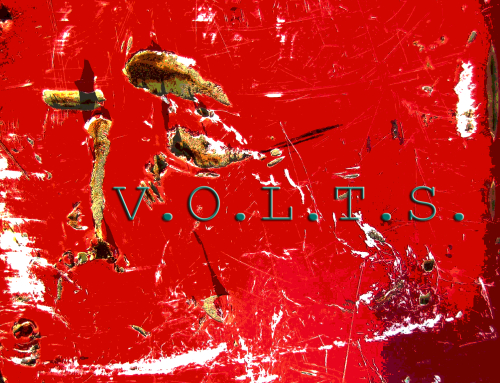
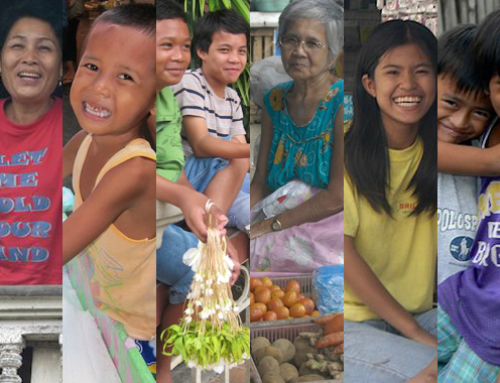
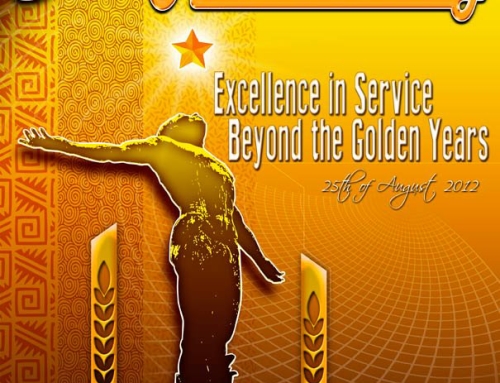
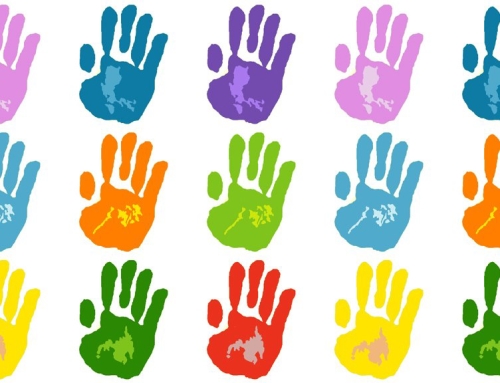
Leave A Comment